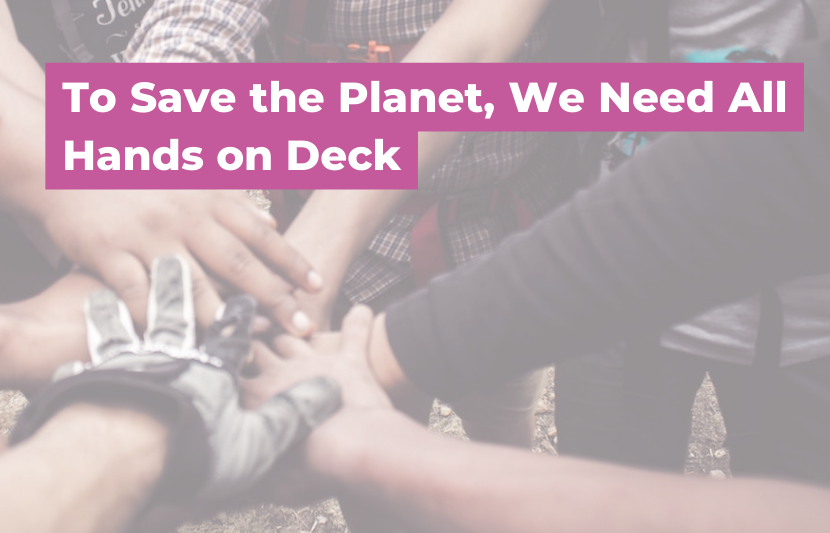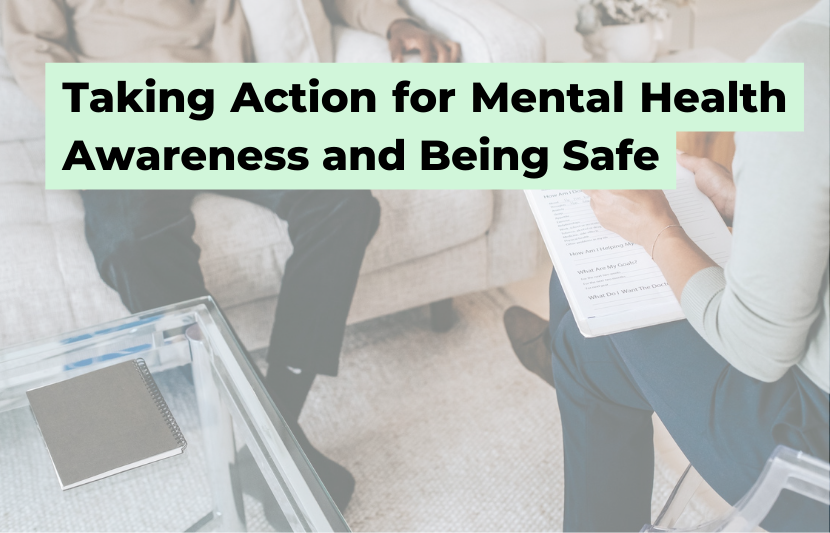In this episode of TUN TV, Dr. Crystal Rose interviews Gilbert Mendivil, president of Connect-In-Place, about the best skills leaders should have.
Dr. Rose: Welcome to The University Network TV, where we scan the globe to give students, their families, educators and employers the very best tips for student success. I’m your host today, Dr. Crystal Rose.
On today’s show, we’re featuring “Lessons of Leadership” – a part of the skills of our future series. We’re looking at tangible skills you’ll want to master for your personal academic and career success. Now leadership is something that colleges and universities place a lot of value on even in this new normal, post-COVID. And we have some episodes where we speak about its importance in students’ profiles – to have a leadership opportunity.
We’ve even discussed how to snag those leadership opportunities, even in a digital format. But exactly, what are some of the best practices to be a good leader? That’s what today’s topic is about.
For this discussion, I’ve invited a very special guest, Gilbert Mendivil. He’s the president of Connect-In-Place, and he is well-apt to have this conversation and share his wisdom from his tenure as president of Connect-In-Place.
Connect-In-Place is a registered non-profit organization, and he led this even while he was attending college. So Gilbert, welcome to TUN TV.
Mendivil: Crystal, it’s a pleasure to be here. Looking forward to talking about leadership. It’s a really important skill, I think, for students in their futures and for everything going forward because it’s tough out there. So, let’s talk about leadership.
Dr. Rose: What are some of those skills that you’ve learned during your tenure as president that you find have been really important?
Mendivil: Now, I’ll say this, leadership skills are something that you also get as human beings, living life and meeting people and experiencing life to the fullest. I would say, the skills that I’ve honed in on as leader of Connect-In-Place for the past year, empathy is a huge skill, and when you lead a team of sometimes 20, between 20 and 30 people, that’s a lot to manage.
And each person has their own needs, their own wants, their own desires. And sometimes, you have to take into account that, even though you as an organization, a company, or corporation – whatever the case is – you have goals as a company or as a business and organization, you have those goals, but you can’t reach those goals, if you’re not taking into consideration how your employees, how your volunteers, are feeling. Knowing their lives, knowing what’s going on, knowing how you could help them in difficult times is a very important skill.
I know that there’s that discussion of burnout in companies — especially in virtual worlds. You see burnout is pretty prevalent, and it’s something that’s becoming common. As we try to figure out the whole structure of how to mitigate the effects of it, I will say that knowing people and kind of putting yourself in their shoes allows you to be an effective leader. It gives you the ability to make accommodations when they’re needed. And with empathy, comes the ability to be adaptive.
Leadership is never linear. It is never constant. You may have a set business document of plans that you want to get done, but life gets in the way or sometimes things change, and you need to adjust to those changes to the best of your ability.
Sometimes, it’s difficult. Sometimes, it takes forever to find a new course of action when you’re thrown off of your game, so to speak. It’s a lot. But empathy, understanding people’s situations — you kind of need that to be a really good leader. If your employees and your volunteers are happy, your organization is driving towards that mission that it first stated and everything is going really well.
And being adaptive – if things change, times change, your business, your company or your organization also needs to adapt to those changes, to not only stay relevant but also stay true to the mission that you’re trying to fulfill.
Dr. Rose: That is really well said. I also like that span going from not just IQ but EQ to allow AQ which I call, “adaptability quotient.” That really is brilliantly summed-up. It’s one thing to have empathy, but it’s another way to develop. So, what helped you develop your empathy and adaptability?
Mendivil: One of the things that I like to do – and I tried this as a leader and it’s really one of the best policies – it’s an open-door policy. I mean anytime that your volunteers – because we’re a nonprofit, I’m going to refer to them as volunteers – because our volunteers dedicate a lot of their extra time to our program, whether that’s to run operations or to teach a class, it’s always having that open-door policy.
And I know as a leader, you’re supposed to manage these things, but part of managing is also knowing how people feel when they’re doing these things. Are they happy? Are they feeling fulfilled in the current spots that they’re in? Do they need extra support? It’s just making sure that people are taken care of. That’s the whole thing of just meeting with people one-to-one on Zoom, just like this. Doing phone calls, even just doing quick chats, through text or through Slack.
There’s just a lot that you have to do to just align yourself with the needs of others, even if that means sacrificing a little bit of time from your busy schedule and helping others out. That’s the biggest thing that you could do, and that’s what I’ve been doing for the past year.
I’ve been saying, “If you ever need anything, reach out. If you ever need to talk about something whether that’s your position in our organization or any life updates, just feel free to talk anytime you want to.”
Even before our operations meetings, I always try to make, I wouldn’t say, small talk, but I always try to keep in the loop on how some of our operations members are doing. And it’s really important. It’s important for team morale. It’s important for making people feel that they’re valued. That’s, I think, the best skill. It’s just taking time out of your schedule for others. And people notice that, and they do reciprocate it.
Dr. Rose: What skills do you still hope to develop?
Mendivil: As a leader, you’re never perfect even though you see yourself in a good vision like I’m managing people, I’m doing a great job. There’s always things to learn, and one of the biggest skills that I still want to know is being more organized. And I know as a leader, you’re kind of free flow sometimes. That’s the kind of strategy I’ve been taking is just, again, staying open to being adaptive, to making those changes as needed.
And sometimes, structure slips out of there a little bit. So, sometimes, maybe just a little organization. Sometimes, just to help out because again, as I said, leadership is not linear. It’s not easy either. It’s not really self-contained. It always changes. There’s always something that needs to be done. So sometimes, as a leader, just sometimes remembering that organization is key, is always a good reminder for good leadership.
Dr. Rose: I like how you said leadership is not linear. Is there a time that you faced a challenge as a leader, and how did you perhaps handle it? What did you learn?
Mendivil: Absolutely. I think mentioning the most recent experience that I’ve had is probably the best thing to really share. Our organization went through a pretty good revamp before we relaunched our summer program. A lot of that was a lot of behind-the-scenes logistics, a lot of behind-the-scenes work, a lot of meetings just to reconfigure things and make sure that we’re happy with the final product.
But one of the biggest, I would say, struggles to learn from was that revamp and we had a high turnover rate. A lot of people were burnt out and, with that, I had to assume some extra responsibilities within our organization, which were all great learning experiences by the way. You pick up a lot of good soft skills, a lot of good abilities that are outside of your original job posting. You always get some extra skills that you never thought you would pick up.
But it was one of those biggest learning curves. It was just, you have to assume, you have to learn some extra responsibilities, which are great. You get a lot out of it. But also the biggest challenge is just there’s a lot placed on you. But there’s always that reward at the end, that you’re able to walk away a more knowledgeable person than you walked in.
I would say that’s one of my biggest experiences. It’s just kind of pulling through when times were tough on our operations team but rising ourselves up and to still put out a really good summer program for students that, again, is free of charge. It’s a really great program that we’re super proud of to put on every year.
Dr. Rose: I really appreciate all that you share – the tangible ways and steps, if you will, how students can pursue leadership with empathy, with adaptability, and with a very mindful way to work with others around them even in difficult times.
Thank you so much for joining me, Gilbert.
Mendivil: I appreciate it, Crystal. Anytime, and it was a great conversation. To all the leaders out there, it’s never easy, but stick through with it and you’ll do a great job.
Dr. Rose: Thank you to our audience for joining us on this episode of The University Network TV. I’m your host, Dr. Crystal Rose. Until next time.
This interview has been edited for clarity.
For more exclusive interviews with experts who share their insight to help students succeed, check TUN TV!
Related:












